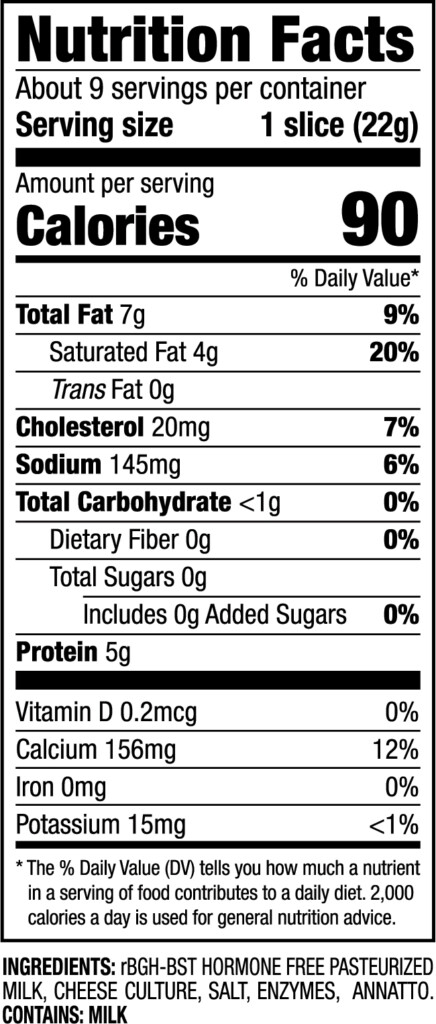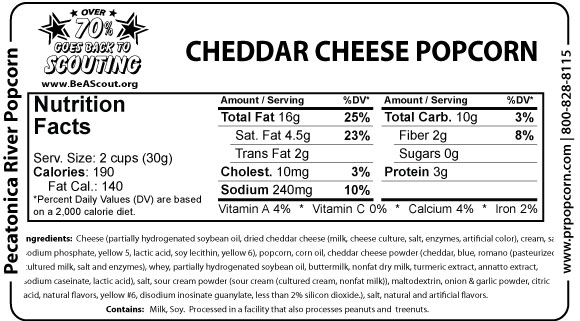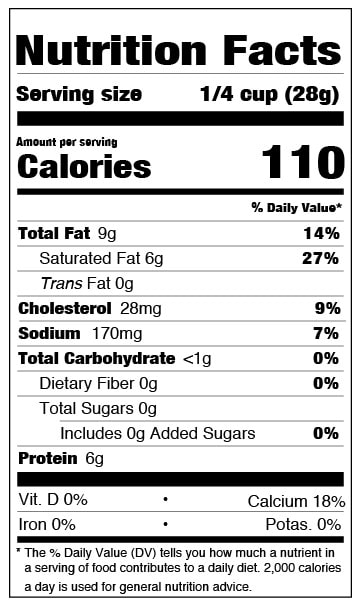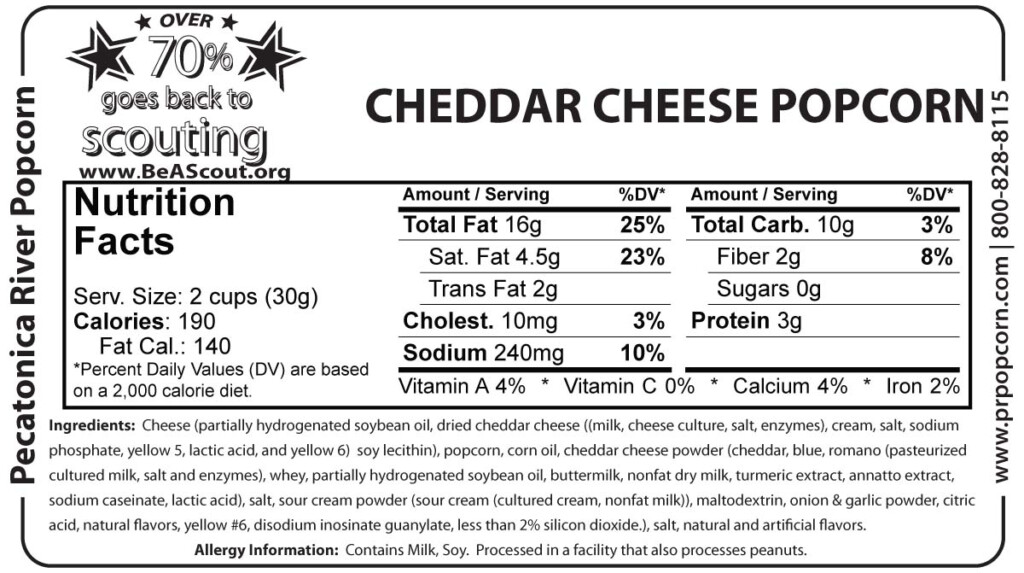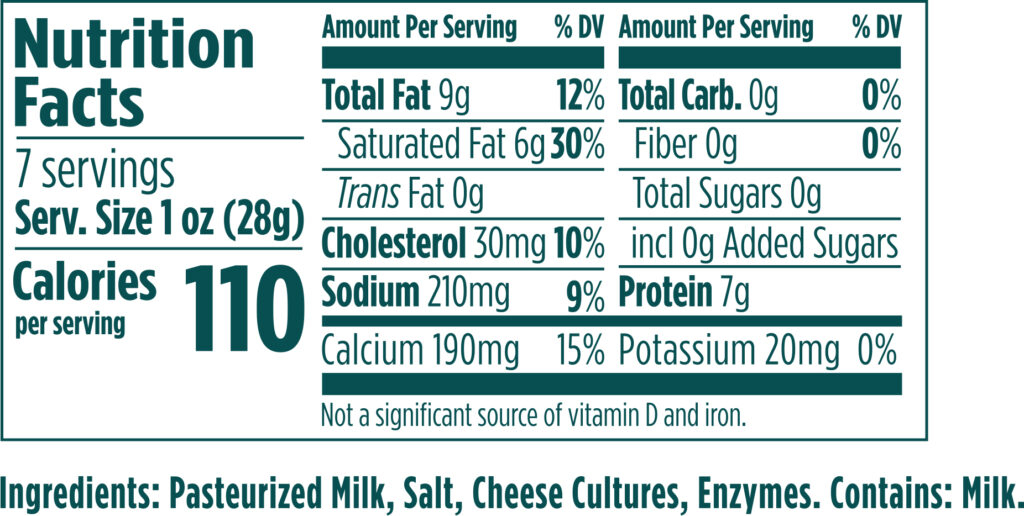Cheddar cheese is a popular type of cheese that originated in the English village of Cheddar. It is known for its rich, creamy flavor and smooth texture. Cheddar cheese is made from cow’s milk and comes in various forms, including mild, medium, sharp, and extra sharp. It is a versatile cheese that can be enjoyed on its own, melted on top of dishes, or used in a variety of recipes.
When it comes to the nutritional content of cheddar cheese, it is important to be mindful of portion sizes. A typical serving size of cheddar cheese is 1 ounce, which is equivalent to about 28 grams. In this serving size, cheddar cheese provides approximately 110 calories, 9 grams of fat, 7 grams of protein, and 1 gram of carbohydrates. It is also a good source of calcium, providing about 20% of the recommended daily intake in just one serving.
Cheddar Cheese Nutritional Information
Health Benefits of Cheddar Cheese
Despite its high-fat content, cheddar cheese can still be a part of a healthy diet when consumed in moderation. The protein and calcium content in cheddar cheese can help support bone health and muscle function. Additionally, cheddar cheese contains vitamin A, which is important for maintaining healthy vision and immune function.
It is important to keep in mind that cheddar cheese is also high in saturated fat and sodium, so it is best to enjoy it in moderation. Opting for lower-fat versions of cheddar cheese or incorporating it into balanced meals with plenty of fruits and vegetables can help you enjoy the taste of cheddar cheese while still maintaining a healthy diet.
How to Incorporate Cheddar Cheese into Your Diet
There are countless ways to enjoy cheddar cheese in your meals and snacks. You can add shredded cheddar cheese to salads, sandwiches, and wraps for a boost of flavor and protein. Cheddar cheese can also be melted on top of casseroles, pasta dishes, and soups for a creamy and satisfying touch.
For a simple and delicious snack, try pairing cheddar cheese with whole-grain crackers, apple slices, or nuts. You can also use cheddar cheese to make homemade macaroni and cheese, grilled cheese sandwiches, or cheese-filled omelets. With its rich flavor and versatility, cheddar cheese is sure to become a staple in your kitchen.
By understanding the nutritional information of cheddar cheese and incorporating it into a balanced diet, you can enjoy this delicious cheese while still supporting your overall health and wellness.
Download Cheddar Cheese Nutritional Information
Nutritional Info
Shredded Cheddar Mozzarella Provolone Cheeses Lamagna
Nutritional Info
Natural Aged Cheddar Cheese Wedge Nutritional Information Truly
